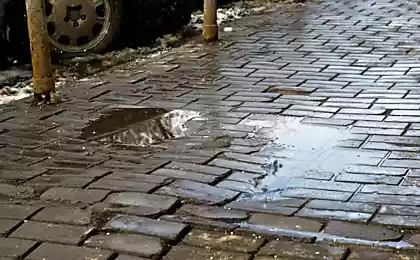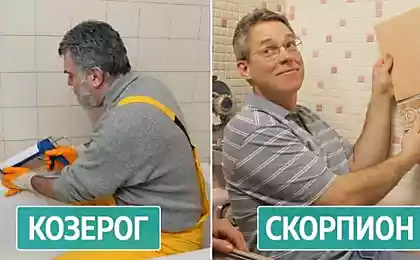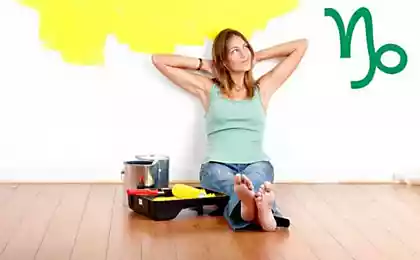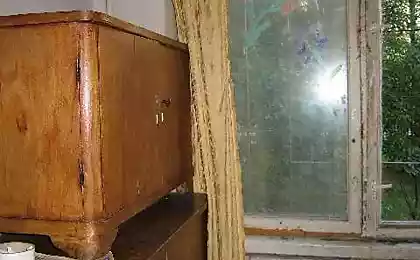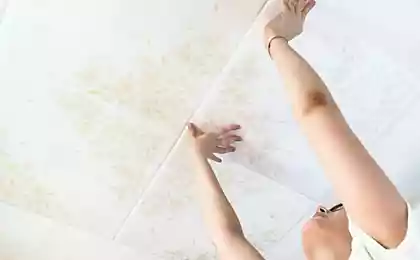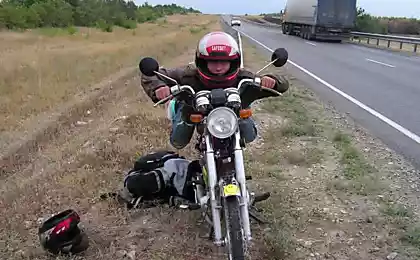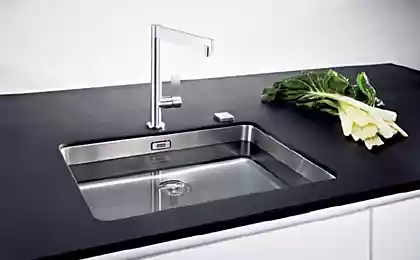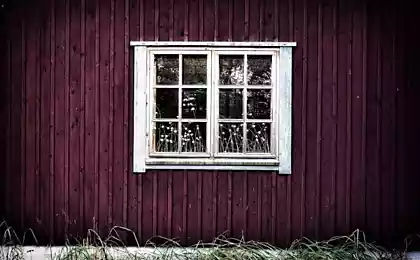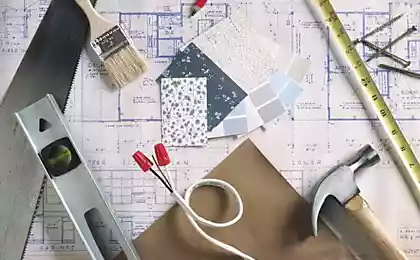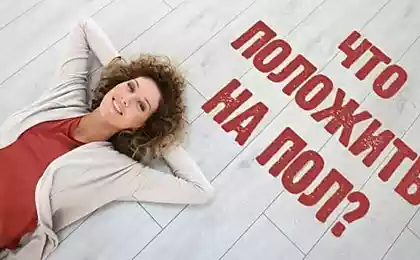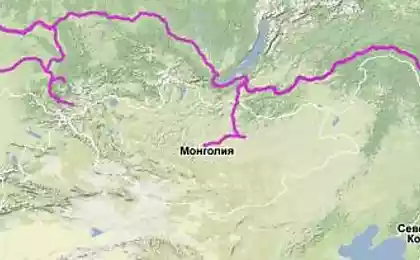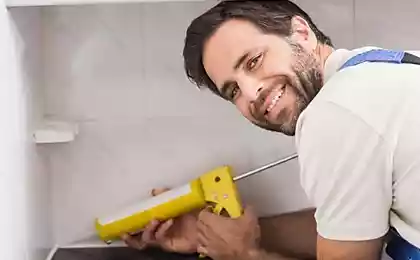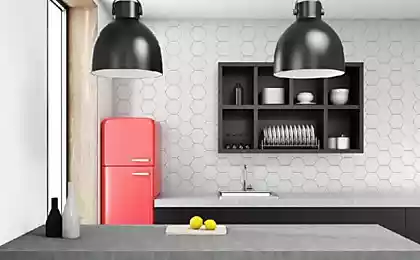147
Breccia is slippery after the rain, but it will outlive our grandchildren.

The usual paving slabs for paths in the country often upsets its owners, coming into disrepair much prematurely. Its surface absorbs moisture, which with a sharp decrease in temperature causes the formation of cracks. The tile crumbles, deforms and eventually collapses.
Few people know that there is an alternative available. Experienced builders talk about coatings that are not only cheaper, but also many times more durable than paving slabs. One of these materials is breccia. And what it is and what features of using breccia exist, we will tell in our article.
In simple words, breccia is quite flat pieces of natural stone, marble, granite, basalt, slate. They are not inferior in performance and decorative properties of standard products, but have non-standard sizes and shapes.

Breccia is increasingly used to create curbs and garden paths, paving areas around pools, finishing the facades and basements of private houses.
View this post on Instagram
Publication by "VOLVAP" (@volvap.info)
Breccia coating looks like a mosaic of broken tiles. Only natural stone is used instead of tiles. Pieces can be of different sizes and shapes, so grinding is complicated.
View this post on Instagram
Posted by Terrazzo Blocks (@terrazzo_blocks)
But all this is more than paid off by the numerous advantages of breccia, of which the affordable price and durability come first.
View this post on Instagram
Publication from Monument | Memorials (@ooo.dolg)
So, if you compare with solid tiles made of natural stone, then breccia will cost 4-6 times cheaper (from 250 rubles per square meter). And if you compare with paving slabs, then pieces of natural stone will withstand tens of times more cycles of freezing / defrosting, because they practically do not absorb water, and in addition are not afraid of hitting heavy equipment and are not washed.
Depending on the purpose of the surface, breccia is laid directly on the sand without cement (for tracks) using cement or frost-resistant street glue.
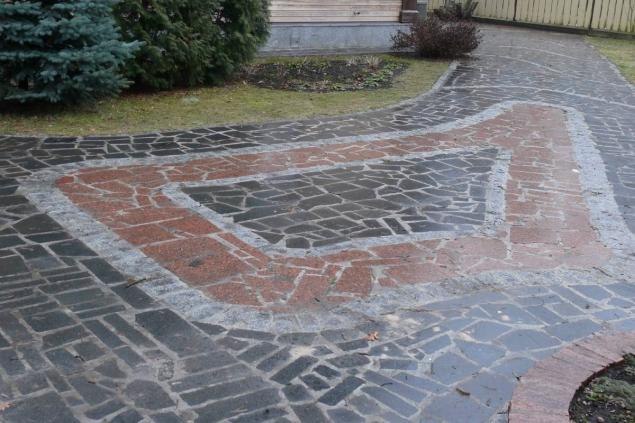
In the latter case, the breccia is laid on a concrete base. This coating does not require repair for decades. The only drawback is that after rain, breccia becomes quite slippery. For car owners, this can be a problem. In short, choosing a cover for the yard of a private house is not easy. You need to carefully weigh the advantages and disadvantages of each material. So, as they say, think for yourself, decide for yourself.
History teacher told how medieval architects built the ancient palaces of Venice
Soviet women considered disrespect for themselves and others to wear flat shoes
